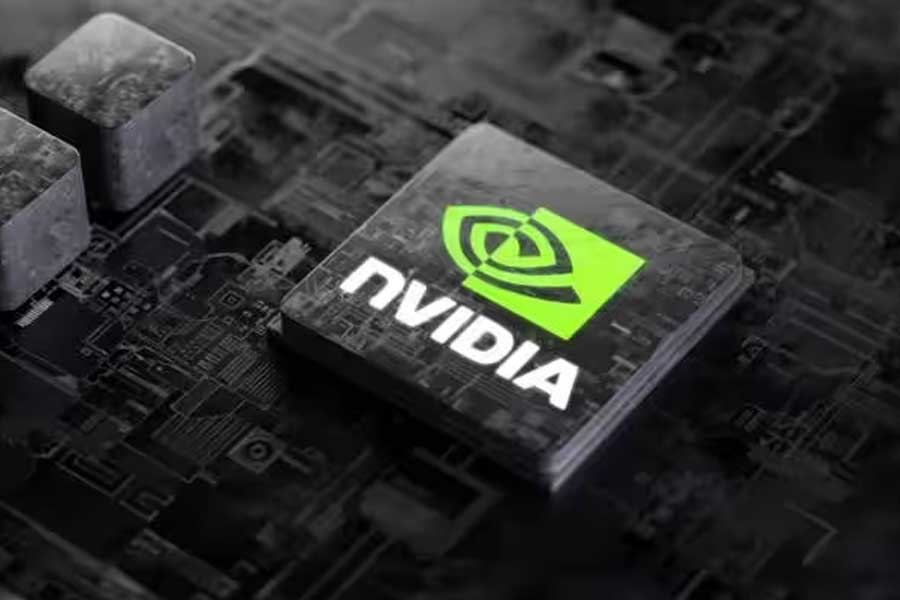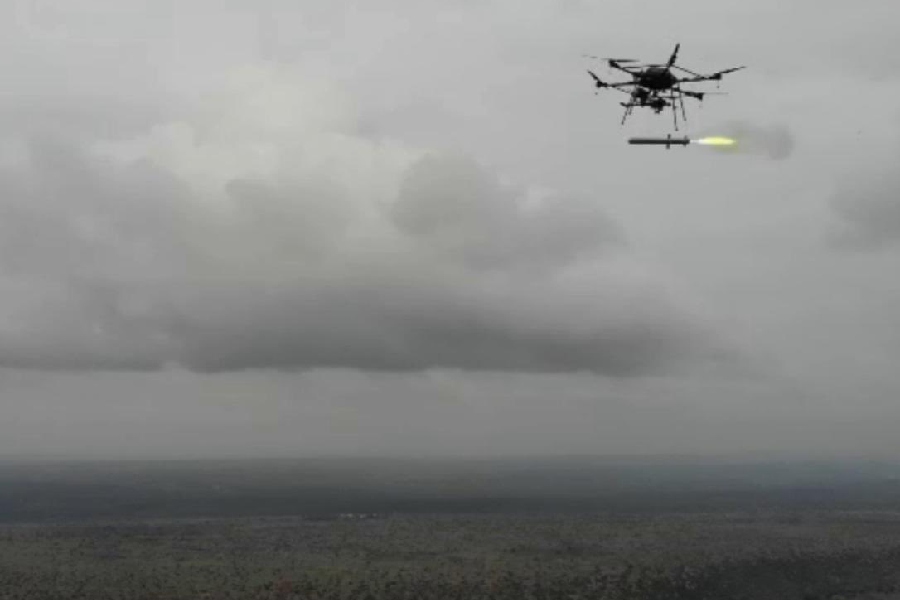Nvidia has announced plans to invest up to $500bn (£378bn) in artificial intelligence infrastructure in the United States over the next four years, signalling a major shift towards domestic production amid growing trade uncertainty under Donald Trump’s proposed tariff regime.
The move comes after Trump renewed his threats to impose import duties on semiconductors, which could impact Nvidia’s Taiwan-based supply chain. The decision also follows a dinner between Nvidia chief executive Jensen Huang and the US president at Trump’s Mar-a-Lago resort earlier this month.
In a press release, the company said it would work with manufacturing partners including Taiwan Semiconductor Manufacturing Company (TSMC), Foxconn, Wistron, Amkor and SPIL to create what it described as a fully domestic supply chain for AI chips and supercomputers.
Nvidia’s Blackwell chips have already entered production at TSMC’s facility in Phoenix, Arizona. Two new manufacturing plants for supercomputers are currently under construction in Houston and Dallas, in partnership with Foxconn and Wistron.
Mass production at these sites is expected to begin within the next 12 to 15 months.
“The engines of the world’s AI infrastructure are being built in the United States for the first time,” Huang said. “Adding American manufacturing helps us better meet the incredible and growing demand for AI chips and supercomputers, strengthens our supply chain and boosts our resiliency.”
Nvidia designs its chips but relies on external contractors for manufacturing. In the previous financial year, the company reported a production and testing cost of $16.6bn. With semiconductors exempt from Trump’s 10 per cent tariffs, the renewed threat of new levies has prompted the firm to rethink its supply strategy.
The US Department of Commerce has also launched a national security investigation into the impact of chip and pharmaceutical imports. In a statement, the White House described Nvidia’s expansion as “the Trump Effect in action”.
More than one million square feet of manufacturing space will be added as part of the initiative. Nvidia said it would also use its own AI tools and robotics systems to optimise factory operations. Testing and packaging will be handled within Arizona through Amkor and SPIL.
Nvidia’s market value has soared more than 1,000 per cent since 2020 amid booming demand for AI processors. However, tariff concerns have led to a nearly 20 per cent decline in its share price since January.










